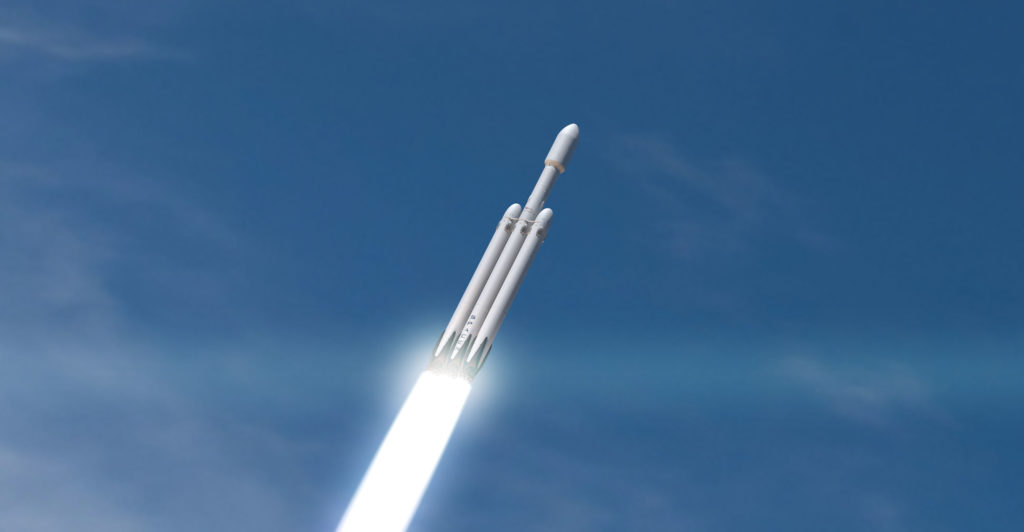
The US Air Force has delayed the launch of its first Global Positioning System III satellite from this month to October at the earliest as it reviews the upgraded rocket that Elon Musk’s SpaceX plans to use to boost it into orbit.
The satellite, valued at about US$528m, would be launched on the latest version of the Falcon 9 rocket from SpaceX. The Block 5 rocket has more powerful engines, a stronger heat shield for the return trip through Earth’s atmosphere and new retractable landing legs.
The GPS III satellites being built by Lockheed Martin promise increased accuracy for navigation, a signal compatible with similar European satellites and improved security against cyberattacks. But the satellites meant to upgrade the Global Positioning System, which is widely used for military and civilian applications, are already years behind schedule.
The planned GPS III launch “has slipped due to ongoing SpaceX qualification testing and final engineering reviews by both SpaceX and the Air Force of Falcon 9 design changes,” the Air Force Space and Missile Systems Center said in a statement. The service is “working closely” with SpaceX to complete the reviews and issue a “Flight Worthiness Certification just prior to launch”, it said.
Musk, the chief executive of SpaceX as well as car maker Tesla, told reporters on a 10 May conference call that he wants the Block 5 “to be the most reliable rocket ever built”. The new rocket had its first successful launch on 11 May, when it carried Bangladesh’s first geostationary communications satellite toward orbit.
SpaceX also plans to use the Block 5 to ferry astronauts to the International Space Station, a plan that awaits certification and approval by Nasa. Before allowing the company to fly a human crew, the agency wants to see that Block 5 can launch repeatedly with no issues. Critics have questioned the safety of SpaceX’s use of super-cooled rocket fuel that needs to be loaded right before takeoff — after astronauts are already on board.
More thrust
The Block 5 is “a significant upgrade for the Falcon 9, with more thrust, all new fairings and a new composite overwrap pressure vessel, among other changes,” Cristina Chaplain, space systems director for the Government Accountability Office, said in an e-mail. “It is reasonable for the Air Force to take time to verify and validate the changes before flying a GPS III satellite on it.
Chaplain said a successful 11 May test launch “is good news for GPS III, but more detailed assessments of that flight and subsequent flights will need to be made to assure the Air Force that the vehicle is ready to fly satellites crucial to national security”.
SpaceX, and an earlier model of the Falcon, were certified in May 2015 for military missions, and it won the Air Force’s first competitive launch a year later when the United Launch Alliance of Boeing and Lockheed, which long held exclusive rights to military missions, declined to bid on the GPS III launches.
“Falcon 9 is certified,” SpaceX spokesman James Gleeson said in an e-mail. What remains is “mission-unique and risk-reduction work that includes government-sponsored independent verification and validation as well as SpaceX’s corresponding design and testing work for Block 5”, he said. — Reported by Tony Capaccio, with assistance from Dana Hull, (c) 2018 Bloomberg LP




